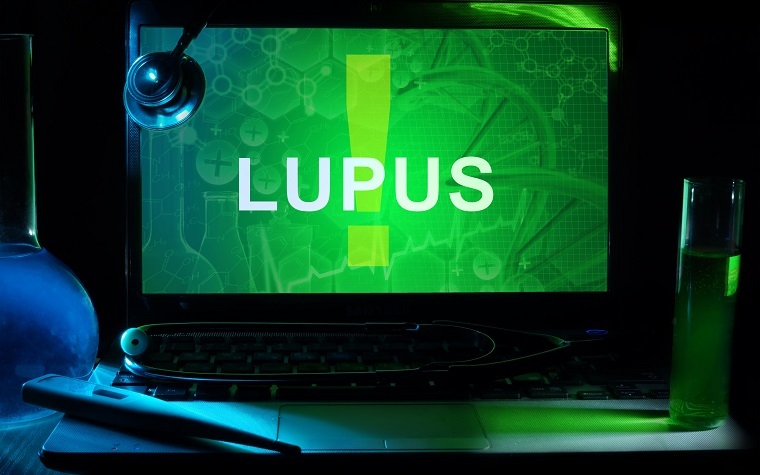
A regulatory application for belimumab was submitted to the Japanese Ministry of Health, Labor and Welfare (MHLW) by British pharmaceutical company GlaxoSmithKline (GSK) for the treatment of active, autoantibody-positive systemic lupus erythematosus (SLE) in patients who have not found adequate response after standard therapy.
“Lupus is a chronic and incurable inflammatory disease, which can affect almost any organ in the body,” David Roth, project lead for belimumab at GSK, said. “Current treatment options for lupus in Japan are very limited and there is no biologic medicine available that reduces active disease, so this regulatory submission for belimumab is very important progress. If approved, belimumab could address a great unmet medical need for lupus patients in Japan.”
Belimumab as an intravenous injection of 10mg/kg is licensed in the U.S., E.U. and approximately 50 other countries. The new application follows Northeast Asia and BLISS-SC Phase III studies and seeks use in Japan via both intravenous infusion and subcutaneous injection. However, the subcutaneous injection is not approved anywhere in the world.
The medicine is a human monoclonal antibody which targets B-lymphocyte stimulator (BLyS) to help B cells survive.
There is insufficient data to determine if belimumab can be used in pregnant or breast-feeding women. Likewise, it has not been adequately studied in people with severe active central nervous system lupus; severe active lupus nephritis; HIV; hepatitis B or C; hypogammaglobulinaemia; lgA deficiency; or a history of major organ transplant or hematopoietic stem/cell/marrow transplant or renal transplant.


